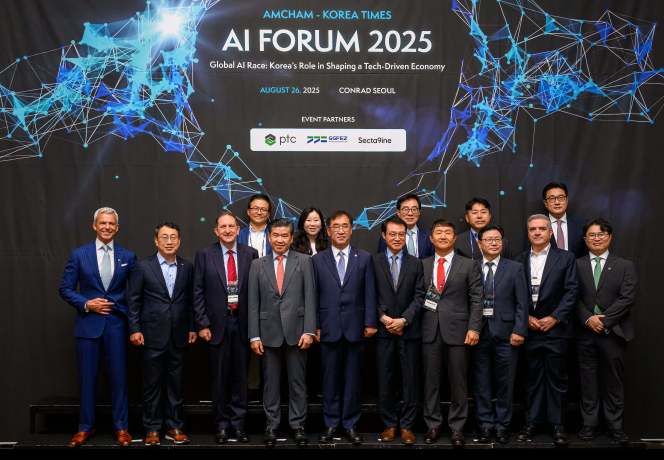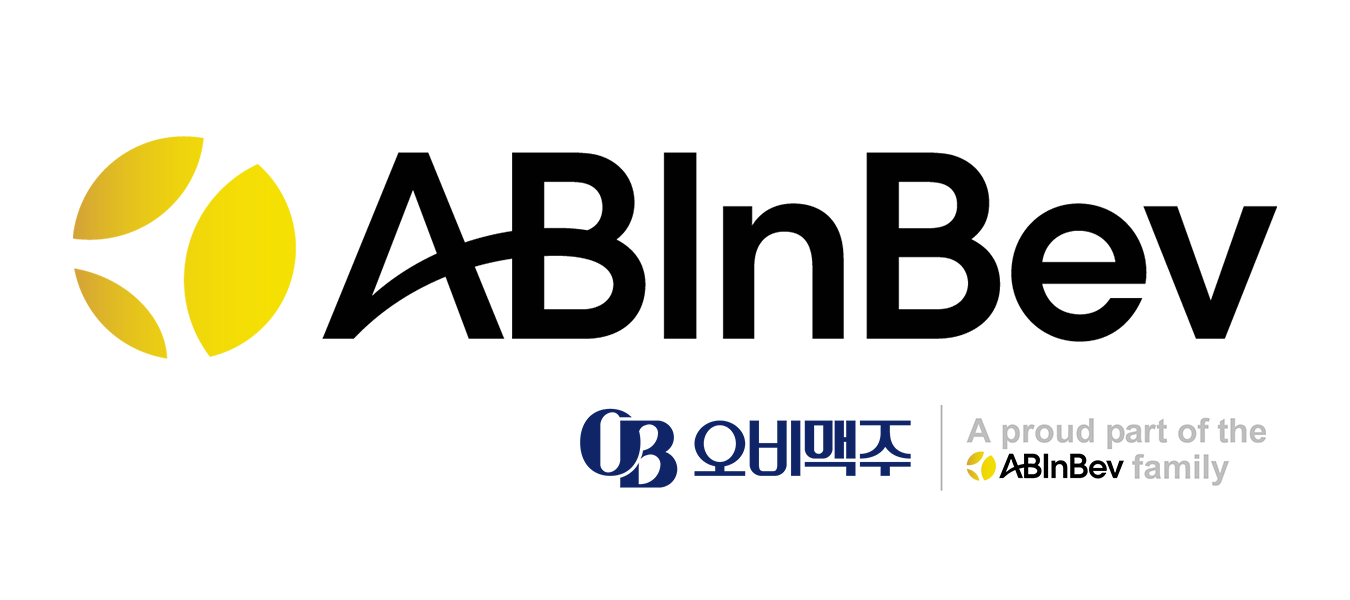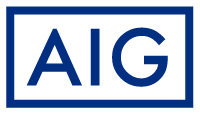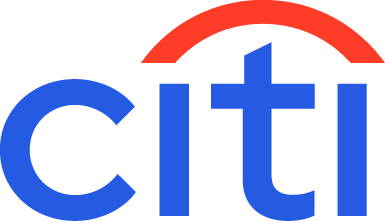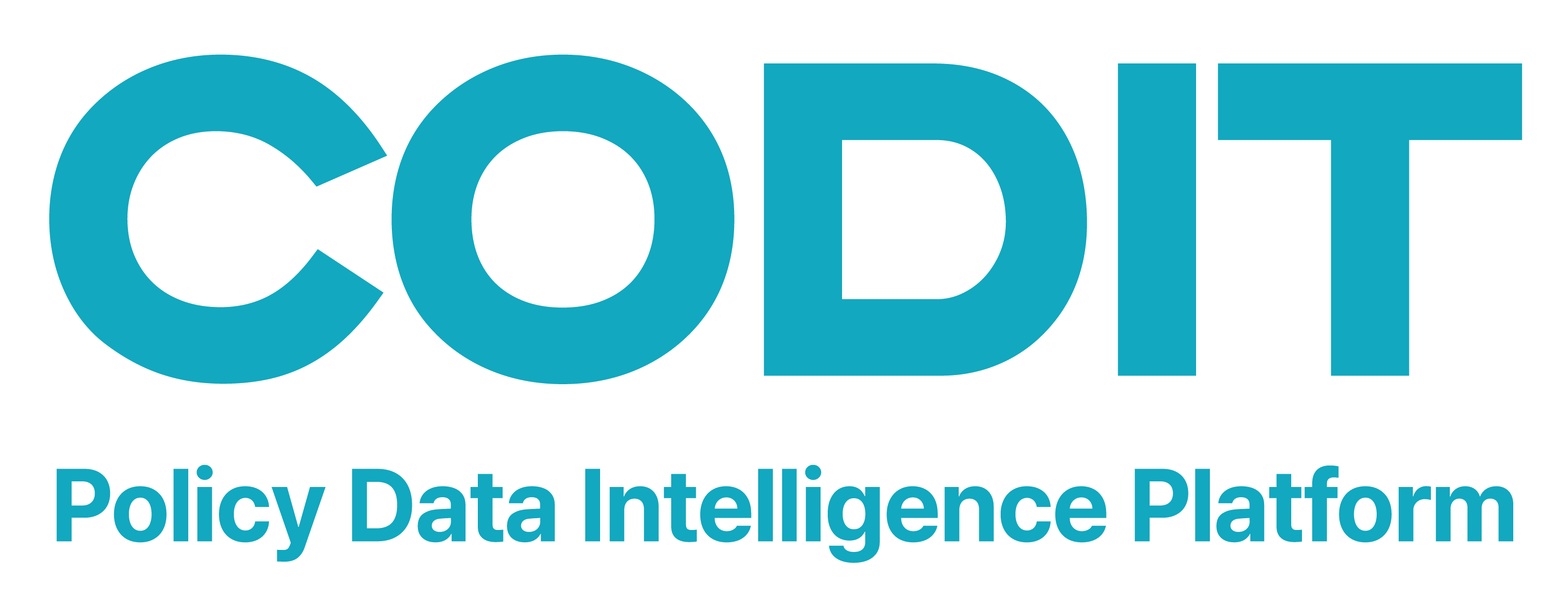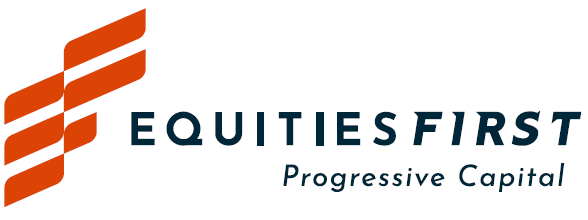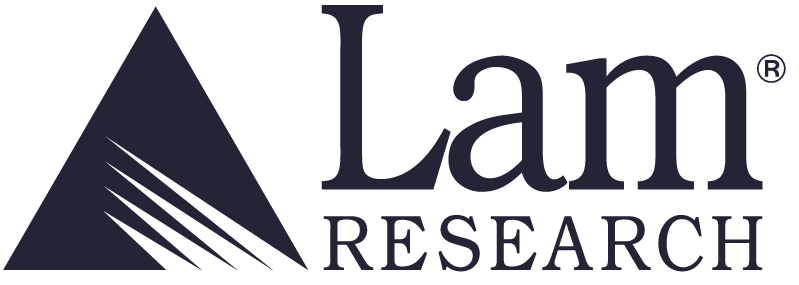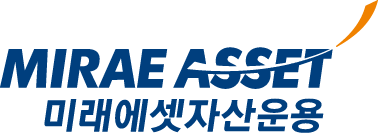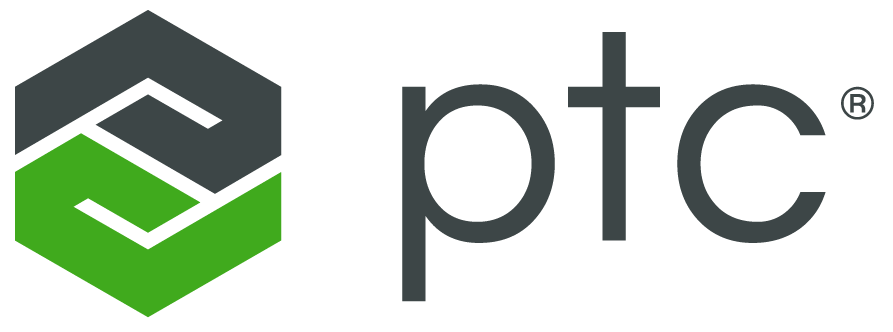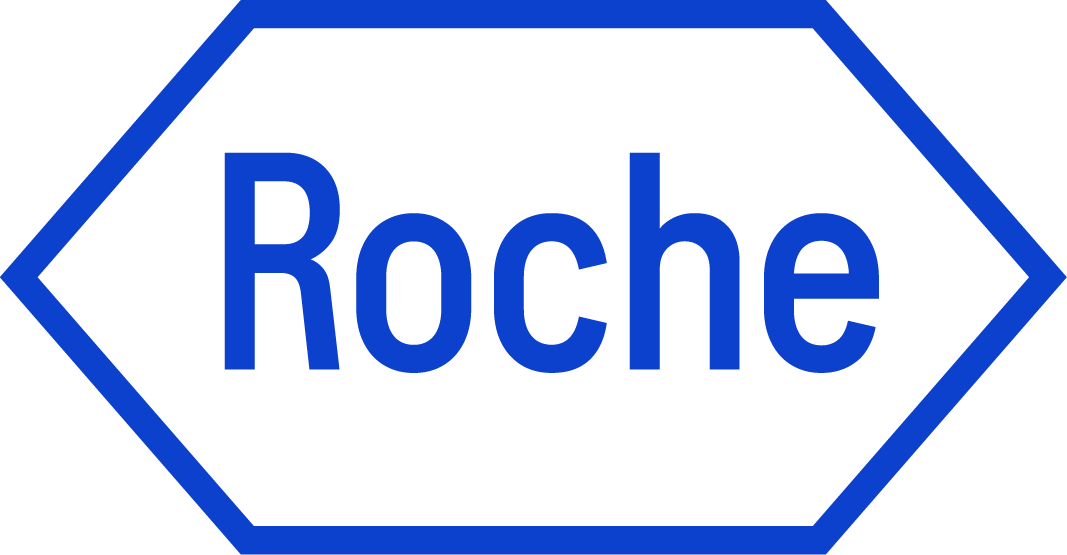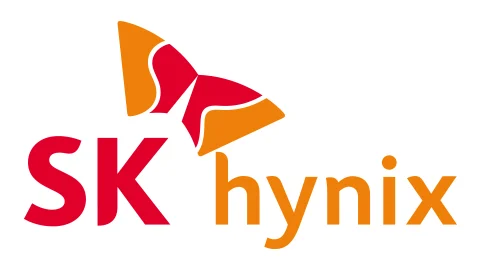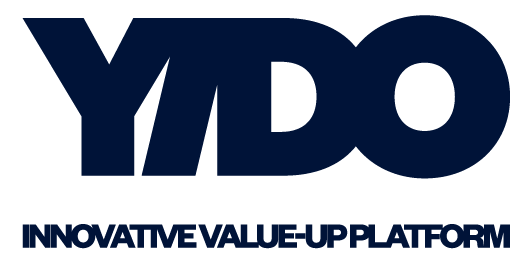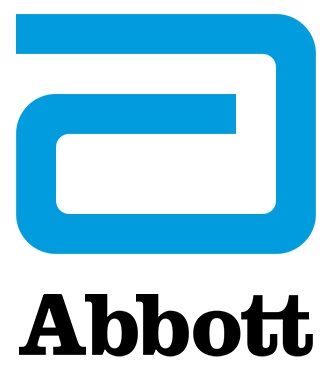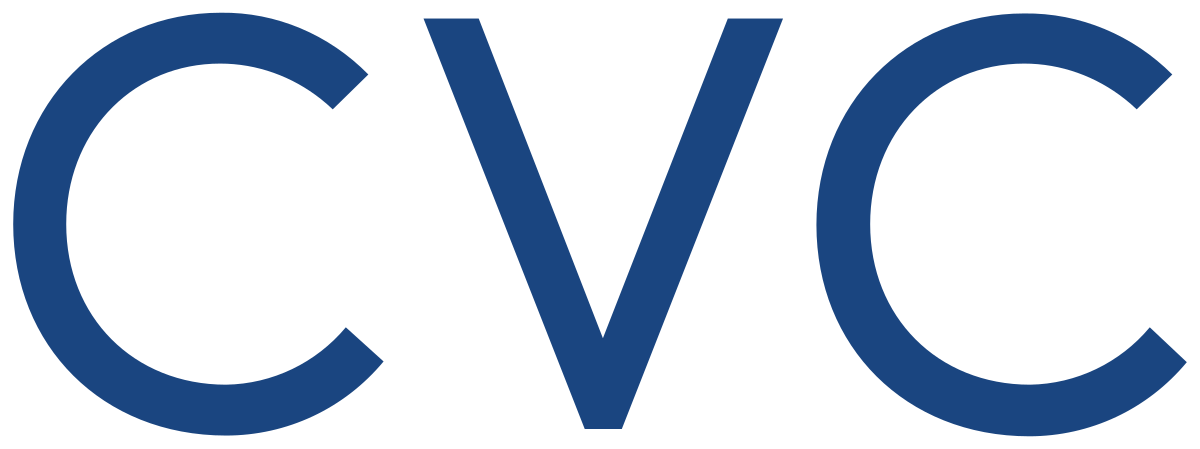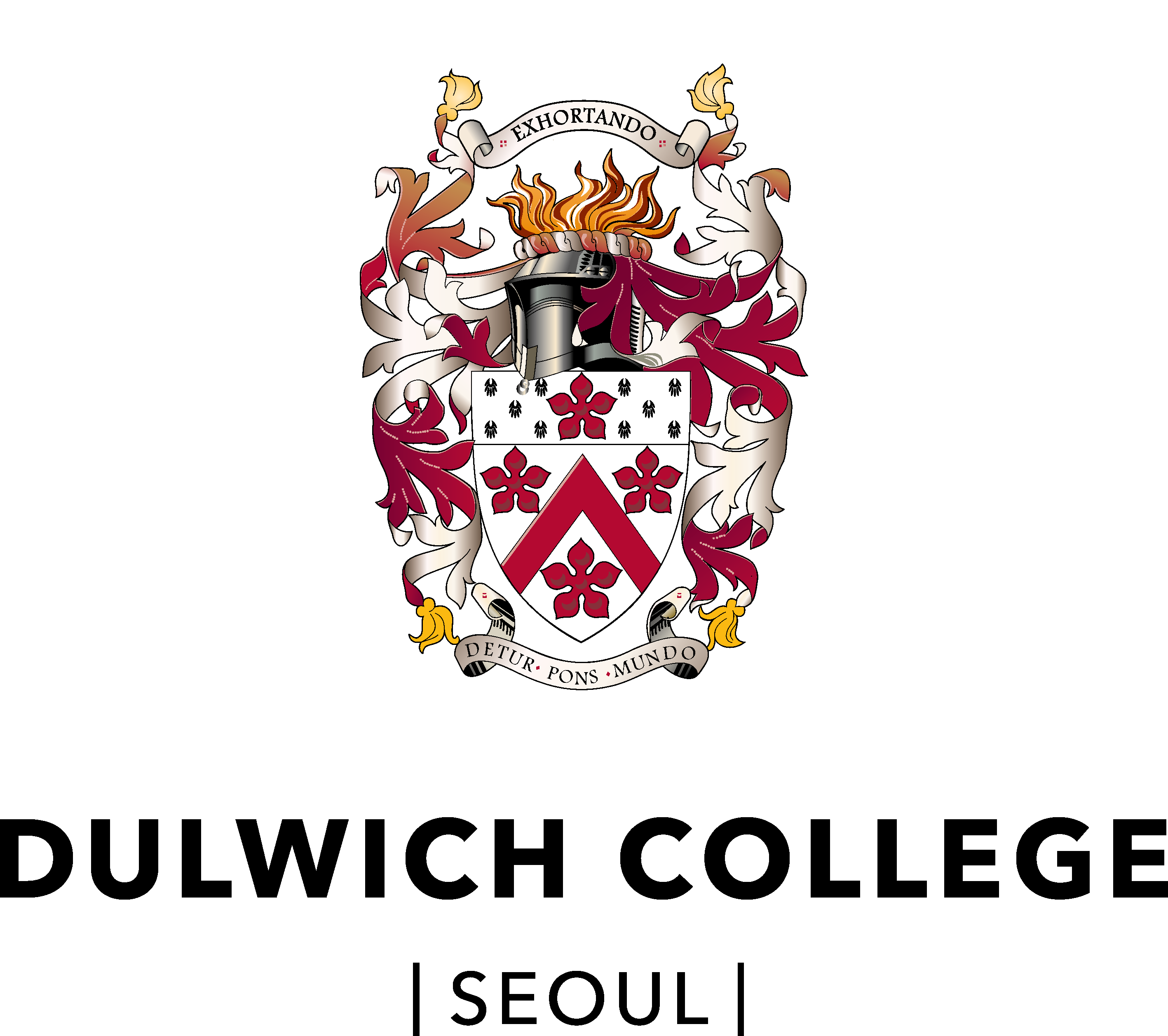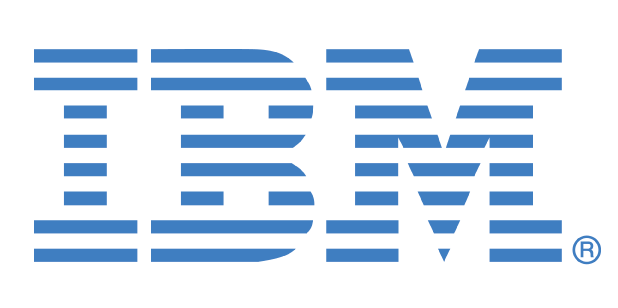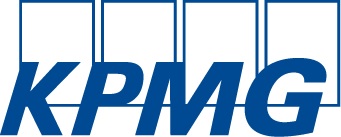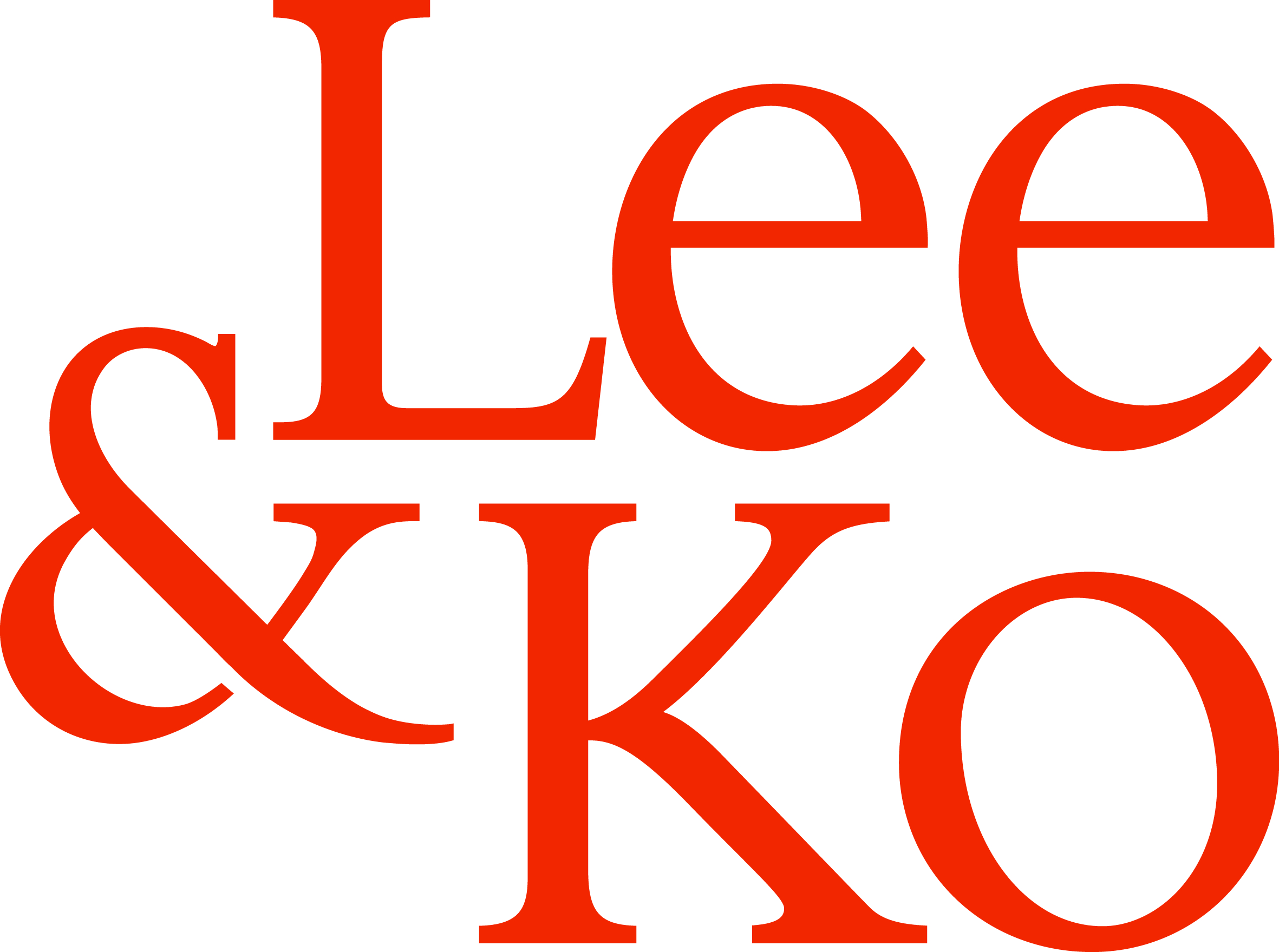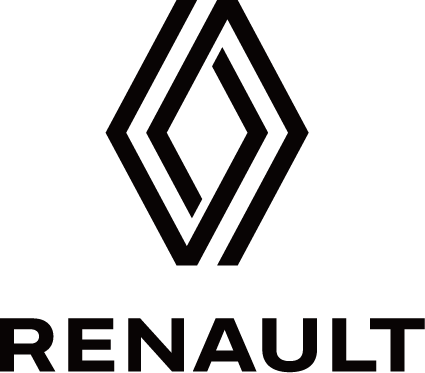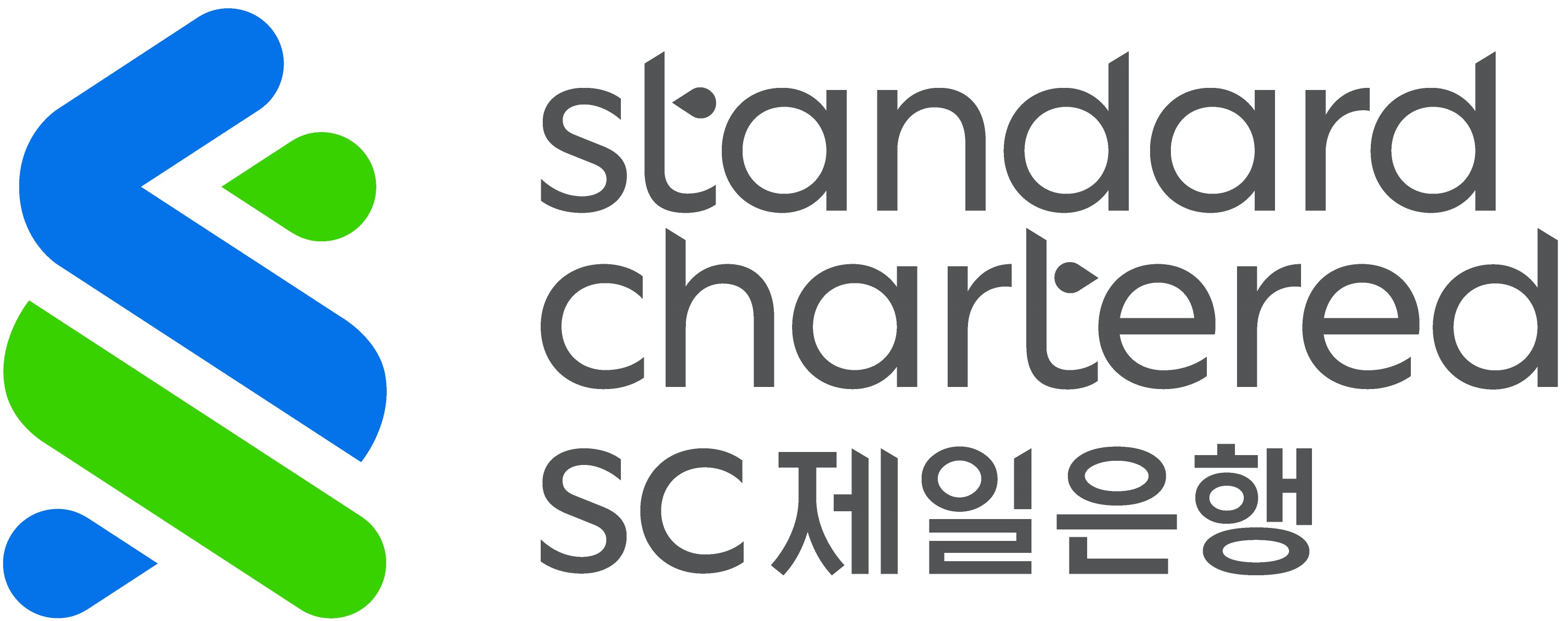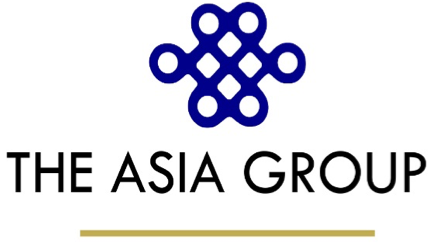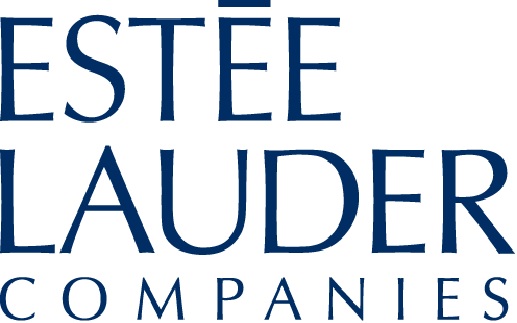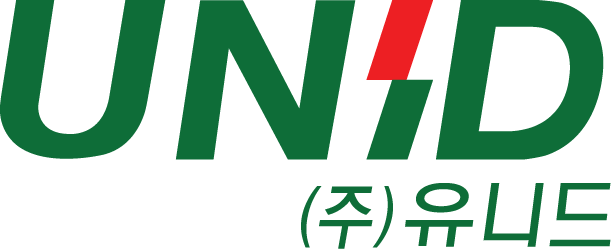Experts address Korea’s potential as AI
powerhouse at AMCHAM-Korea Times forum
SK Telecom CEO
shows confidence as partner for global AI players
By Nam
Hyun-woo, The Korea Times - Experts and top tech business leaders shed new
light on Korea’s strengths and potential as a global powerhouse in the era of
artificial intelligence (AI) during the AI Forum 2025 co-hosted by The Korea
Times and the American Chamber of Commerce in Korea (AMCHAM Korea) Tuesday.
During the
event, speakers stressed that the global AI industry is already evolving and
reshaping itself, and that Korea has the strong potential and foundation to
join the global top three in AI.
“The world is
undergoing a historic transformation triggered by AI, with generative AIs, such
as ChatGPT, going beyond a mere technological innovation to reshape the way we
live fundamentally,” President Lee Jae Myung said in his congratulatory remarks
for the forum read by Lee Kyu-youn, senior presidential secretary for public
relations.
“Korea now
faces a test of whether it will remain a follower once again or take a half
step ahead to seize limitless opportunities as a leader … The government will
create new opportunities through sizable investments and support for AI,
semiconductors and other advanced industries. It will also actively apply AI to
key sectors, including manufacturing and energy, to strengthen the
competitiveness of the country’s industry.”
Under the
theme of “Global AI Race: Korea’s Role in Shaping a Tech-Driven Economy,” the
forum featured distinguished speakers, including SK Telecom CEO Ryu Young-sang,
Carlyle Group Chief Commercial Officer Victor Gustaf Gao and other experts in
the AI sector.
During his
special remarks, Ryu emphasized Korea’s national strategic shift toward AI and
highlighted SK Group’s roles in semiconductors, infrastructure and services in
achieving that policy goal.
“Both the
United States and China view AI as a key driver of national security and
economic growth, making all-out efforts to secure global leadership,” Ryu said.
“With the two
standing as the top two superpowers, Korea now belongs to the third-tier group.
The Korean government is pursuing a wide range of policies aimed at driving a
sweeping AI transformation across society and the economy to achieve its goal
of breaking into the top three.”
Ryu said that
SK Group is “a full-stack provider” in the AI industry, with SK hynix
exhibiting leadership in the global high-bandwidth memory (HBM) market, SK
Telecom building Asia’s largest AI data center in Ulsan in partnership with
Amazon Web Services (AWS), and other affiliates providing integrated solutions
for power supply and cooling.
He stressed
that those capabilities make SK Telecom and other SK companies the ideal
partners for global AI firms, noting that the AI initiatives being pursued by
SK are not aimed at the domestic market alone.
“SK has
identified promising global AI companies from their early stages, making
preemptive investments of more than $300 million and maintaining strategic
partnerships with them,” Ryu said.
“SK hynix’s
HBM stands as the undisputed global leader, positioning the company as a key
partner not only for Nvidia but also for global AI giants such as Google, AWS
and Microsoft … The Ulsan AI data center also has a strong potential to expand
collaborations with global players, drawing their attention as a strategic
foothold for the Asia-Pacific market.
“Our Adot AI
service is likewise preparing to enter the global market, as telecom operators
worldwide are eager to offer AI service experiences to their customers, and we
plan to leverage Adot as a bridgehead for that expansion.”
Following Ryu,
Gao noted that Korea’s unique “whole-of-nation AI strategy” makes the country’s
ambition to become one of the world’s top three AI powerhouses “practical.”
He pointed out
that the country has an “AI flywheel,” a combination of assets including global
leadership in HBM, data centers, AI-optimized grid infrastructure, sovereign
large language models, regulatory clarity under the AI Basic Act and a broad
industrial base that enables wide application of AI.
“Compute is
the fuel,” he said. “Every breakthrough we have seen so far was trained on
graphics processing units built before ChatGPT even launched. Now compute
capacity is expected to grow sixfold by 2026, with clusters expanding from
200,000 to 20 million chips. Korea, with its leadership in HBM, is at the
center of this transformation.”
Gao noted that
the AI flywheel Korea owns is the envy of the world, making global investors
see Korea “as an innovative, diligent and powerful leader and shaper of the AI
era.”
With more than
180 industry officials, scholars, diplomats and other guests attending, Rep.
Maeng Sung-kyu, chairperson of the National Assembly’s Land Infrastructure and
Transport Committee, and James Heller, deputy chief of mission at the U.S.
Embassy in Seoul, delivered congratulatory remarks.
The forum
discussed AI transformation in manufacturing, finance and other industries in
the first session. In the second session, panelists explored a glimpse of
tomorrow’s industry as shaped by physical AI.
Source: https://www.koreatimes.co.kr/business/tech-science/20250826/experts-address-koreas-potential-as-ai-powerhouse-at-amcham-korea-times-forum




